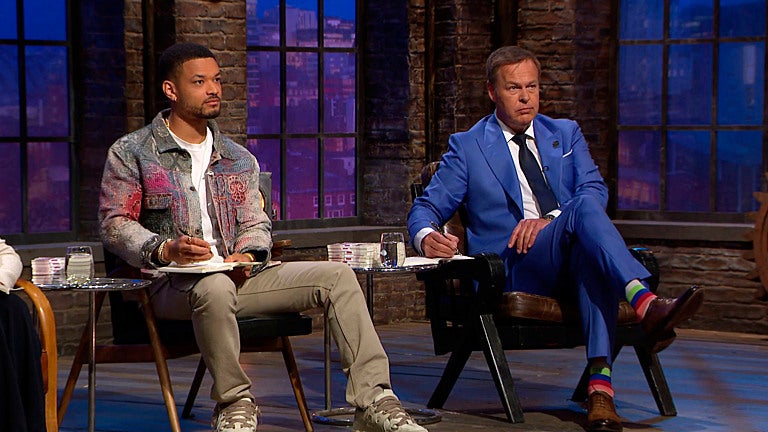
Dragons’ Den host Steven Bartlett’s podcast The Diary of a CEO is sharing dozens of harmful health claims that go against scientific evidence, a BBC investigation has found.
The podcast, launched in 2017, is reportedly the fastest growing podcast in the world having recently reached 1 billion views and listens across the Apple, Spotify and YouTube platforms.
But the entrepreneurship and business-focussed podcast, which has turned more to health issues with guests billed as health experts over the past year, has come under scrutiny in a BBC World Service probe.
With the help of health professionals, the BBC has claimed that across 15 health-related episodes, an average of 14 harmful health claims were made in each.
Flight Studio, the production company behind the podcast which Mr Bartlett owns, said “thoroughly researched” guests gave views that offered “an open-minded, long-form conversation”. It called the investigation a “misleading” partial narrative.
But public confidence in healthcare professor Heidi Larson, an expert in public confidence in healthcare, told the BBC: “They [the guests] are way overstretching. It sends people away from evidence-based medicine. They stop doing things that might have some side effects, even though it could save their life.”

The BBC investigation found that “potentially harmful claims” were made in 15 of 23 health-related episodes released between April and November this year.
The investigation claimed that anti-vaccine conspiracies and the downplaying of the success of proven cancer treatment were among the misleading claims made.
In an episode in October, cancer researcher Dr Thomas Seyfried told Mr Bartlett that the treatment of cancer could be helped by following a keto diet, the BBC said. He compared modern cancer treatments to “medieval cures”.
When approached by the BBC, Mr Seyfriend stood by the statements he made on the podcast interview.
In another podcast episode in July, doctor Aseem Malhotra told Mr Bartlett said the “Covid vaccine was a net negative for society”, the BBC said.
Speaking to the BBC, Dr Malhotra defended his statement, claiming because people disagreed, it “does not mean that they have been debunked”.
The investigation comes just months after adverts for health brands Zoe and Huel that feature Mr Bartlett were banned for failing to disclose their commercial relationship with the celebrity entrepreneur and influencer.
The Advertising Standards Authority found the ads “omitted” information about their links to Mr Bartlett, who is an investor at both brands. Huel, Zoe and Bartlett were contacted for comment at the time.
Flight Studio said there had been an increase in health-related episodes of the podcast to reflect interest globally, particularly following the Covid pandemic.
A spokesperson told The Independent: “The Diary Of A CEO [DOAC], is an open-minded, long-form conversation with world leaders, global experts, CEOs, athletes, authors, actors, and other individuals identified for their distinguished and eminent career and/or consequential life experience. Each guest episode is thoroughly researched prior to commission.
“DOAC offers guests freedom of expression and believes that progress, growth and learning comes from hearing a range of voices, not just those Steven and the DOAC team necessarily agree with.
“The BBC claims to have reviewed 15 specific episodes of nearly 400 published to date. For any reporting of DOAC to focus on less than 4 per cent of episodes with an extremely limited proportion of guests - some of whom have featured on the BBC - to create a broader, and in our opinion, partial narrative is disappointing, misleading and frankly, disingenuous.”
The BBC declined to comment when contacted by The Independent.







